SMA: Disciplined, Cohesive Teams are Army’s ‘Bedrock’
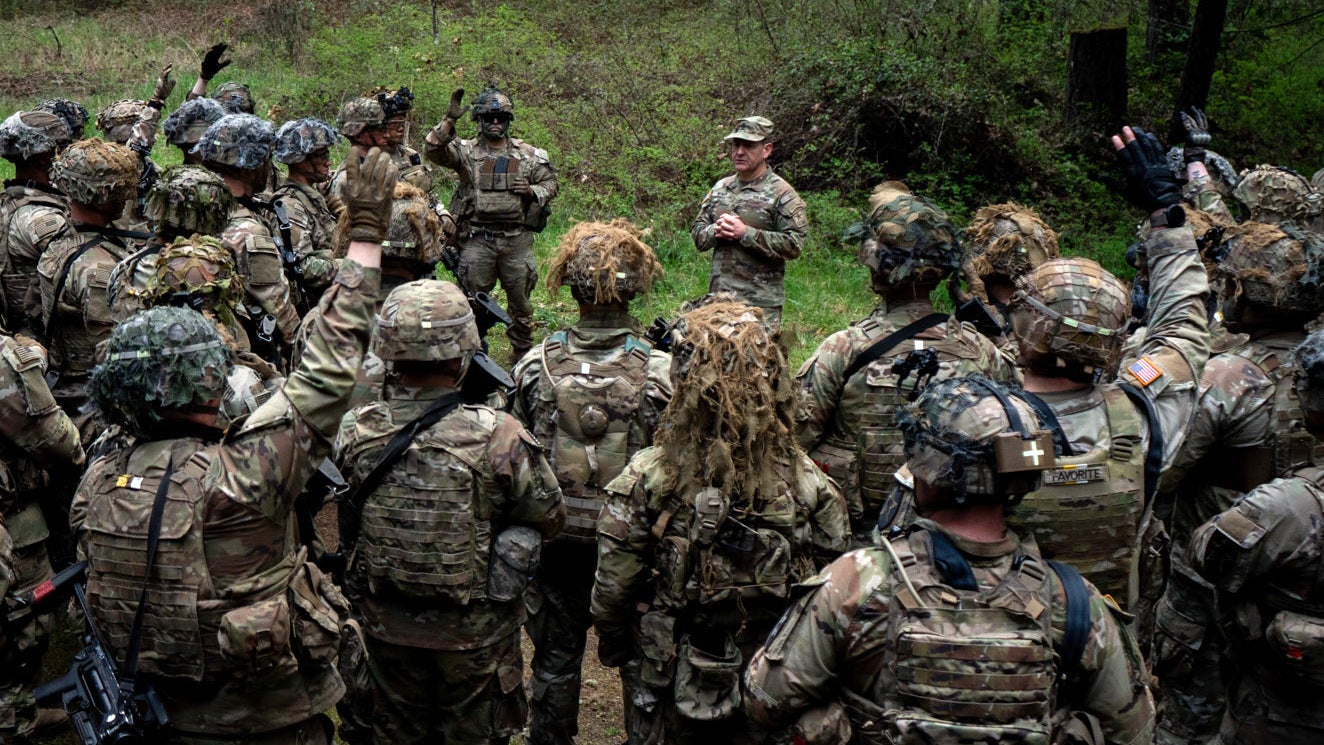
Instilling discipline among soldiers requires personal drive and standards that are clearly articulated by the Army, said Sgt. Maj. of the Army Michael Weimer.

Instilling discipline among soldiers requires personal drive and standards that are clearly articulated by the Army, said Sgt. Maj. of the Army Michael Weimer.
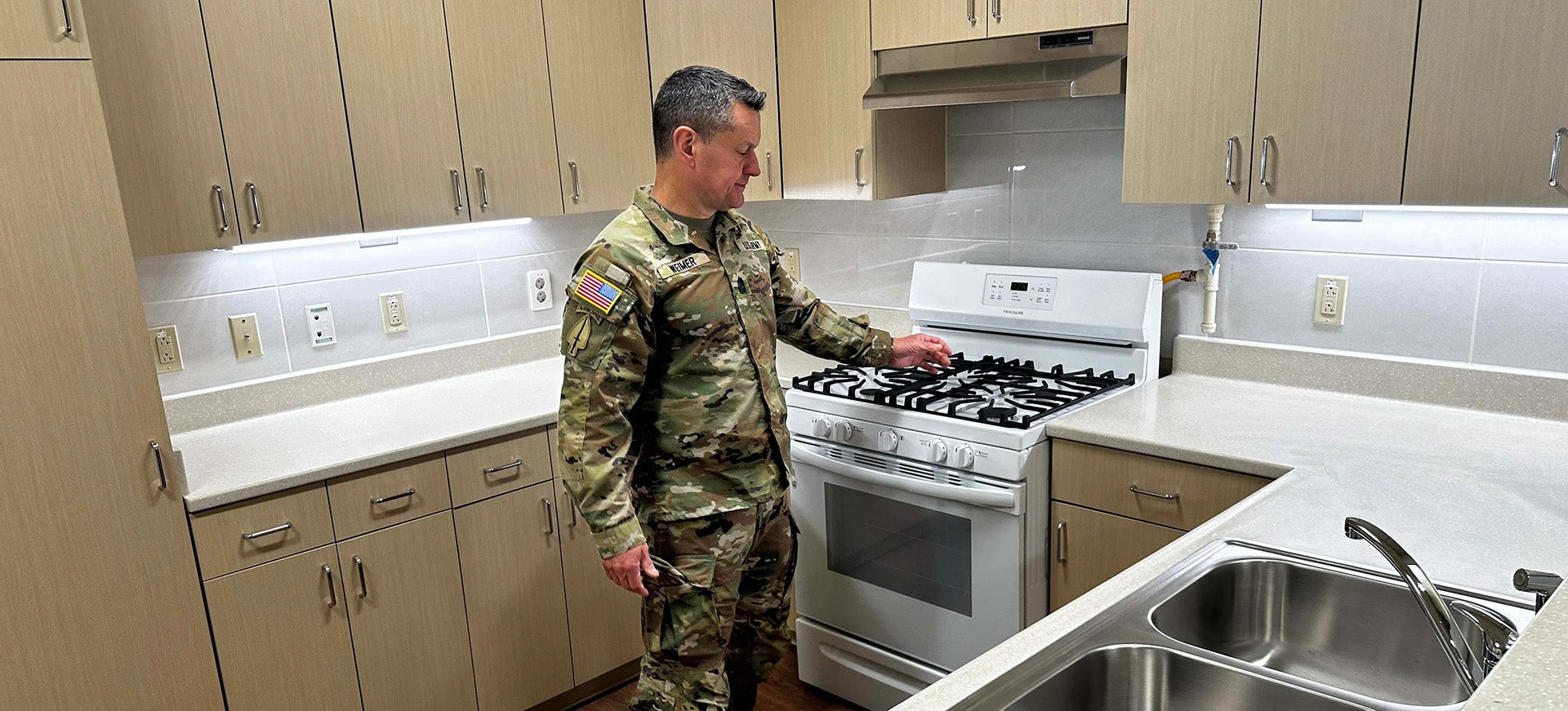
The Army will continue to focus on and prioritize quality-of-life programs for soldiers and their families, Sgt. Maj. of the Army Michael Weimer said March 20 on Capitol Hill.
“We’re committed to supporting those soldiers and their families, building cohesive teams across the Army and ensuring that we are fostering a safe and professional climate,” Weimer testified before members of the House Appropriations subcommittee on military construction, veterans affairs and related agencies. “This starts with building positive quality of life on multiple fronts.”

The Association of the U.S. Army is releasing two new podcasts in March as part of its “Army Matters” series, including an episode featuring Sgt. Maj. of the Army Michael Weimer.
In a podcast available March 13, Weimer will talk about the first six months of his tenure as sergeant major of the Army, growing up as an Army brat, his leadership theories and how the Mongolian ruler Genghis Khan influenced one of his favorite training exercises.
A career special operations soldier, Weimer was sworn in last August as the Army’s senior enlisted leader.
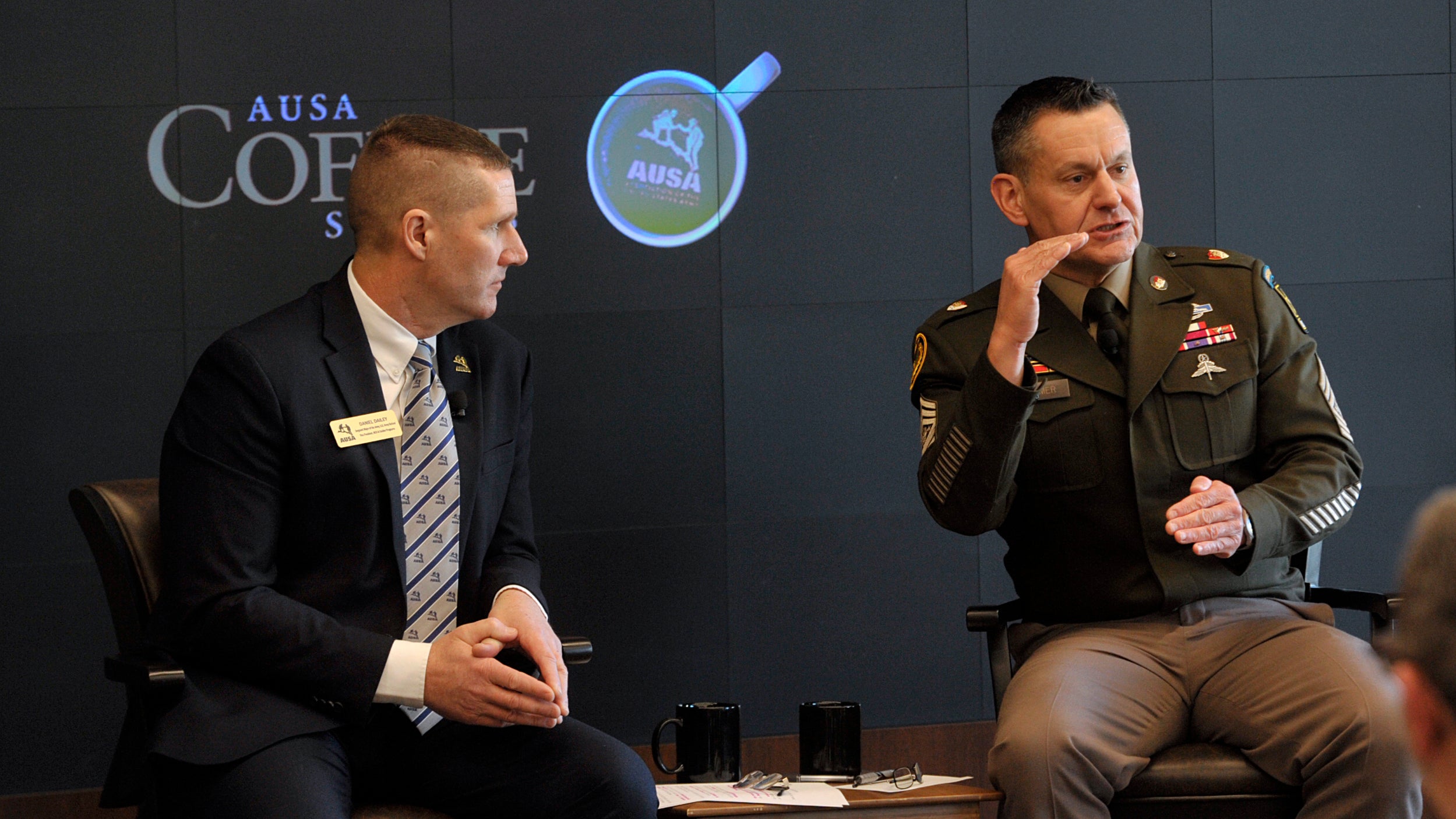
The Army’s ability to deliver combat-ready formations depends on ensuring that soldiers and their families are taken care of, Sgt. Maj. of the Army Michael Weimer said Feb. 20 at a breakfast hosted by the Association of the U.S. Army.
In a wide-ranging conversation about his top initiatives, Weimer discussed the progress being made on family housing, barracks improvements and dining facilities.
Without safe home environments and cohesive teams where soldiers take care of one another, he said, the Army cannot deliver formations that are ready for combat.
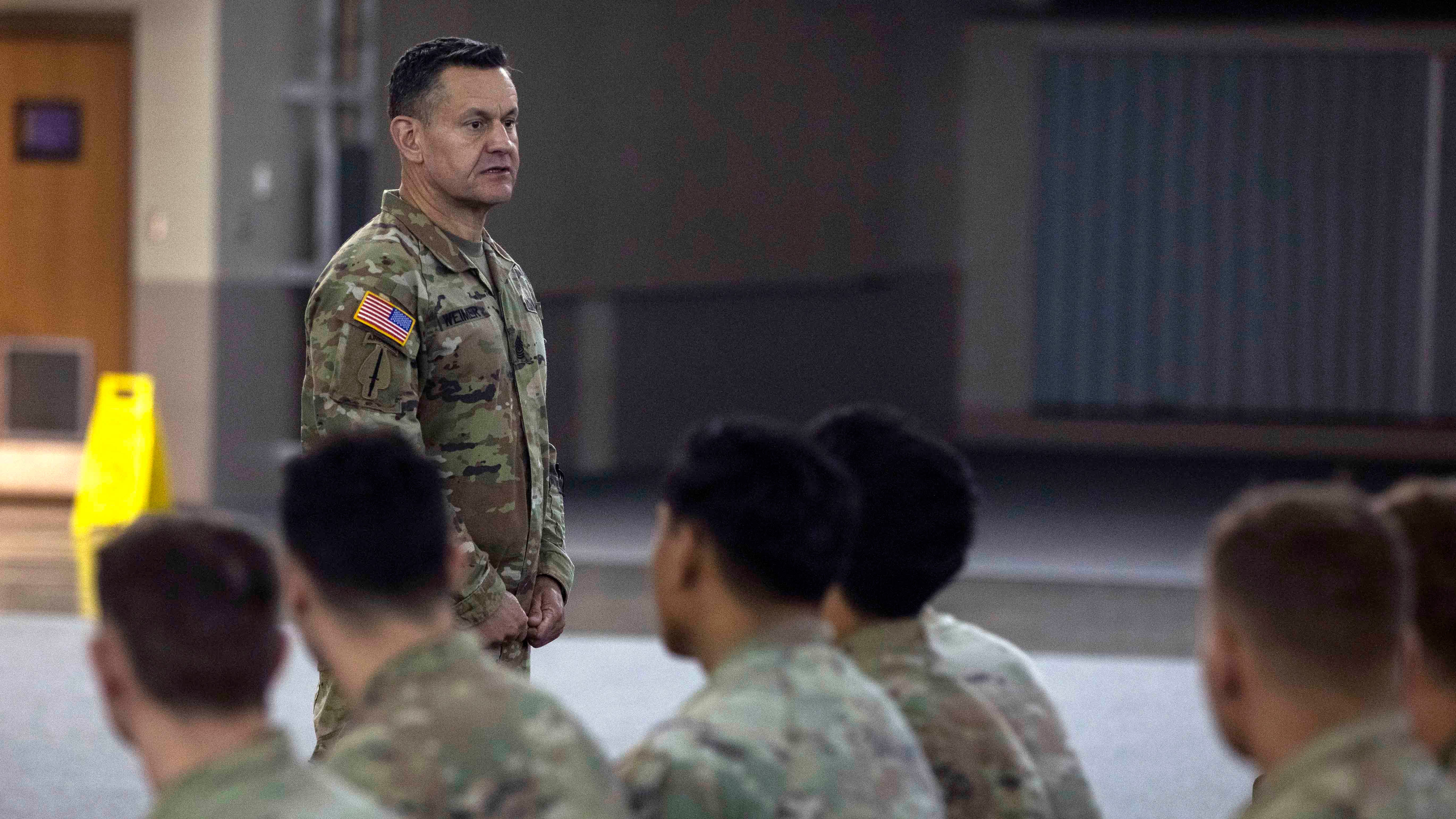
The Association of the U.S. Army has published a list of books Sgt. Maj. of the Army Michael Weimer recommends to leaders across the Army.

Sgt. Maj. of the Army Michael Weimer will speak Feb. 21 as part of the Association of the U.S. Army’s Coffee Series.
The event will take place at AUSA headquarters in Arlington, Virginia. The event opens at 7 a.m. with registration, coffee and networking. The program is scheduled to begin at 7:45 a.m., which is half an hour later than typical Coffee Series events.
It is free for military members, government employees and the media.

The Army is committed to improving quality of life for soldiers and their families, an endeavor that requires “predictable funding and pay,” Sgt. Maj. of the Army Michael Weimer told a congressional panel Jan. 31.
In his first testimony on Capitol Hill since becoming the Army’s top enlisted soldier in August, Weimer told members of the House Armed Services Committee’s quality of life panel that “continuing resolutions and flat budgets do not support predictability for soldiers and their families, and it exacerbates quality of life issues.”
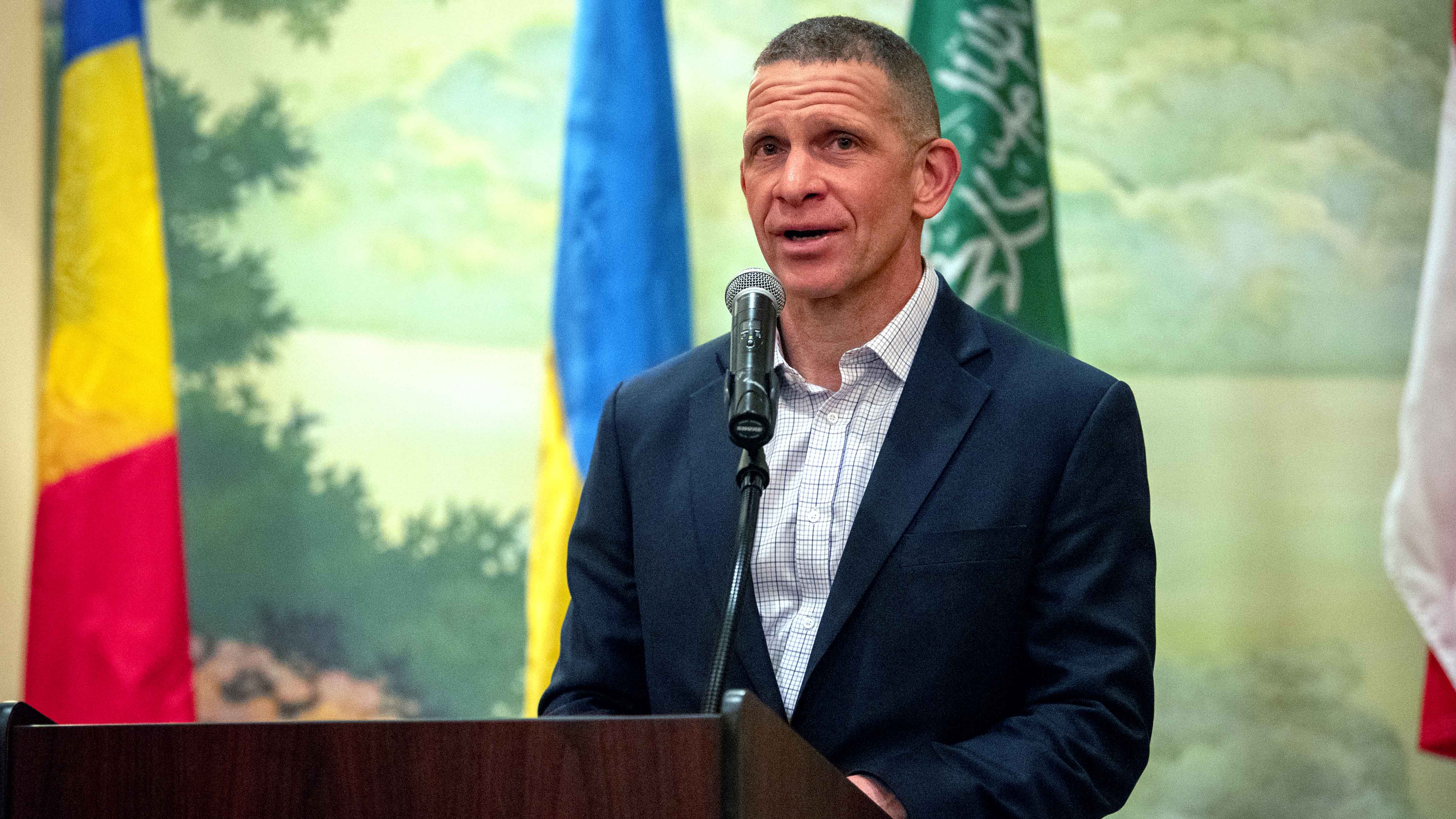
Retired Sgt. Maj. of the Army Michael Grinston will take on a new mission beginning Jan. 1 when he becomes director and CEO of Army Emergency Relief.
Grinston, who retired from the Army in August after 36 years of service, succeeds retired Lt. Gen. Raymond Mason and will be the first NCO to lead Army Emergency Relief in its 81-year history.
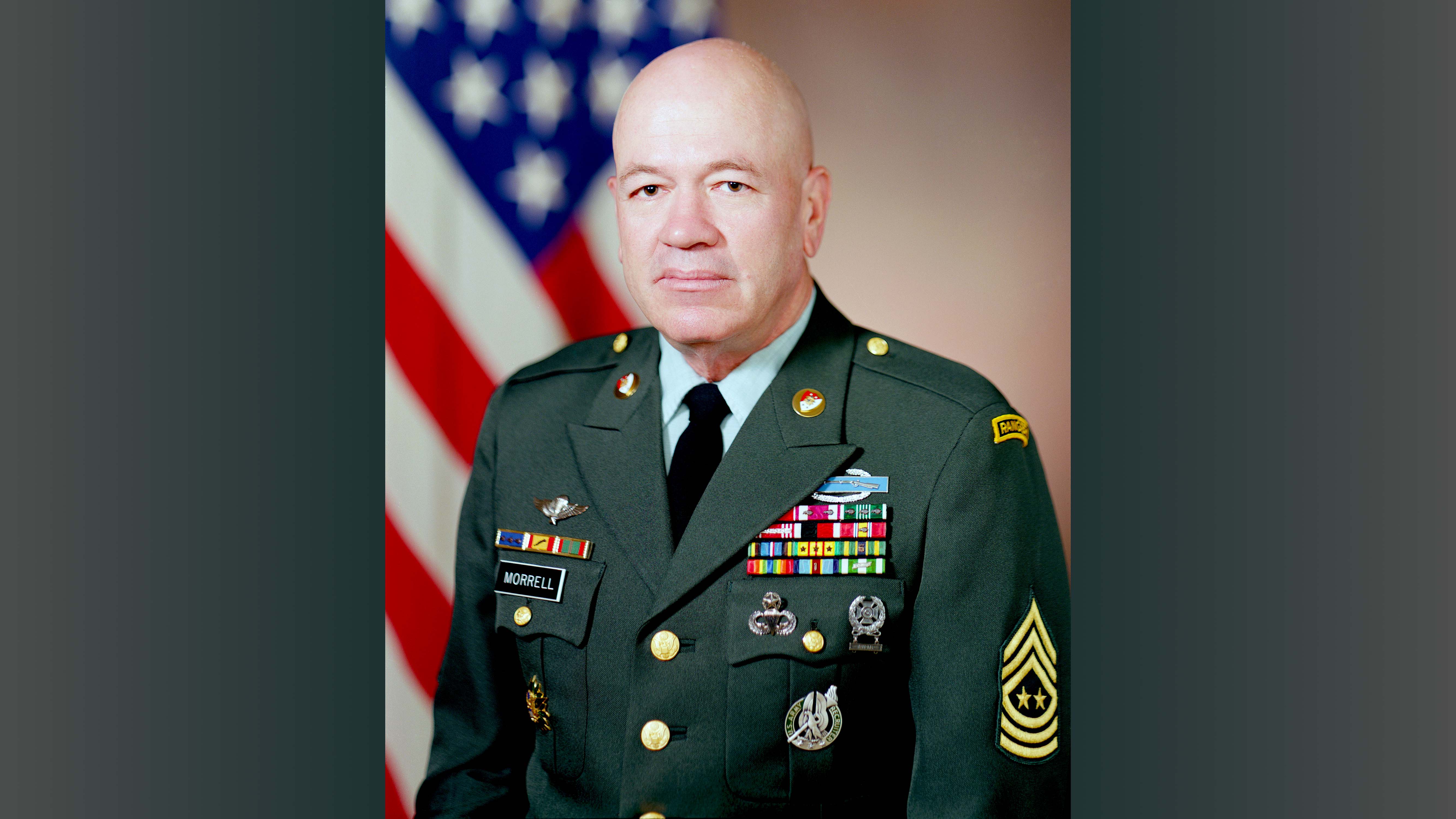
Retired Sgt. Maj. of the Army Glen Morrell, a life member of the Association of the U.S. Army who served as the seventh sergeant major of the Army from 1983–1987, died Oct. 26. He was 87.
Born May 26, 1936, in Wick, West Virginia, Morrell enlisted in the Army in 1953. He decided to leave the Army after his first enlistment but reenlisted in 1958. “I found out that I really liked the Army after I got out,” Morrell said in a 1994 interview with the Army’s Center of Military History.
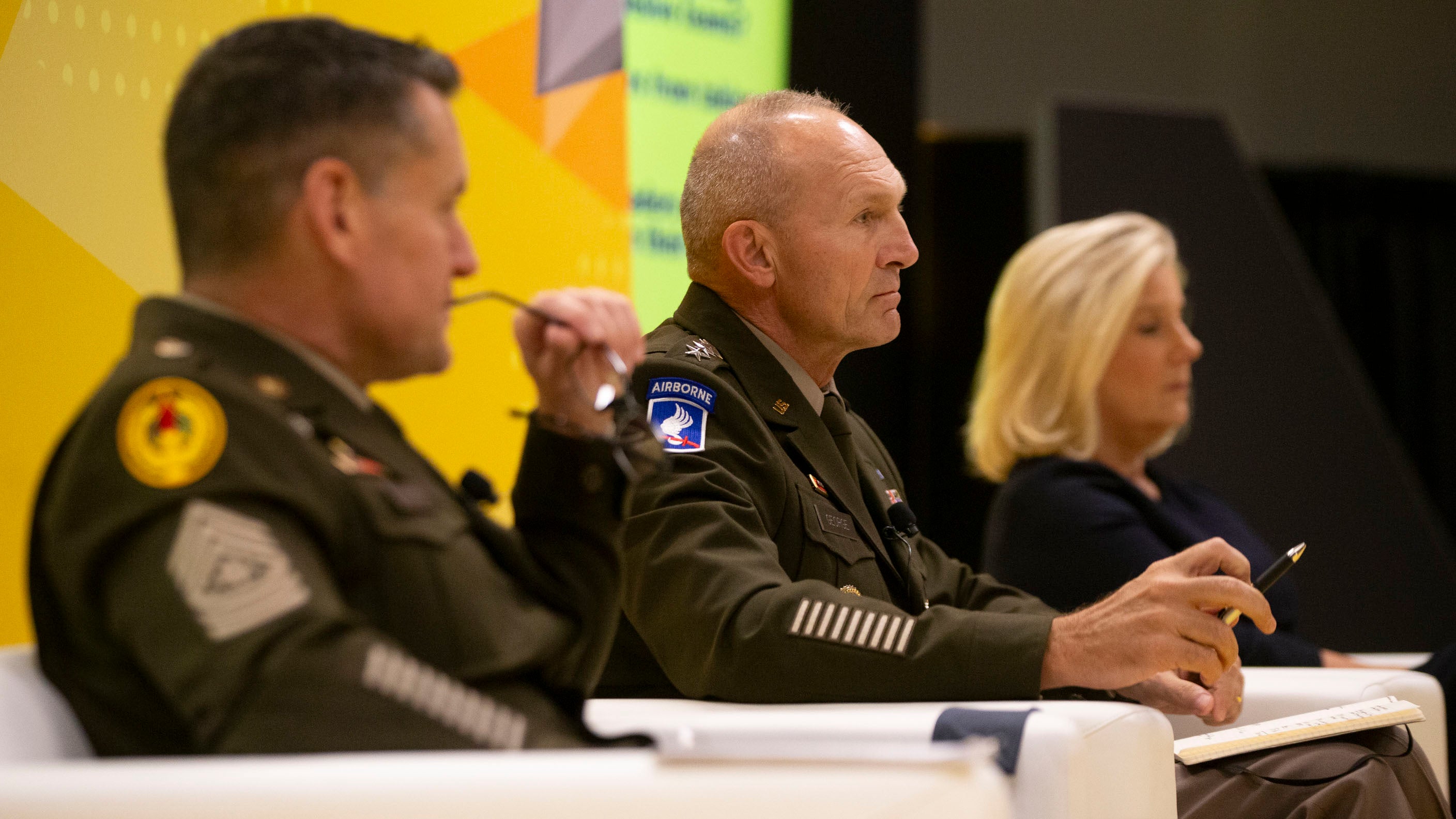
A Leader Solarium organized by the Association of the U.S. Army concluded Oct. 11 with the opportunity for about 160 mid-grade NCOs and officers to pitch ideas to senior Army leaders about solving some of the service’s big challenges.
Army Secretary Christine Wormuth, Army Chief of Staff Gen. Randy George and Sgt. Maj. of the Army Michael Weimer listened to ideas on fixing a troubled soldier pay system, expanding cold-weather training and straightening out a complicated batch of unit rosters that don’t always agree on how many soldiers are in a unit.